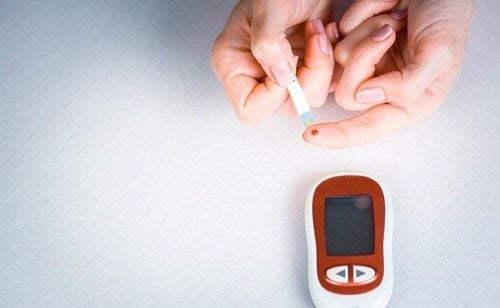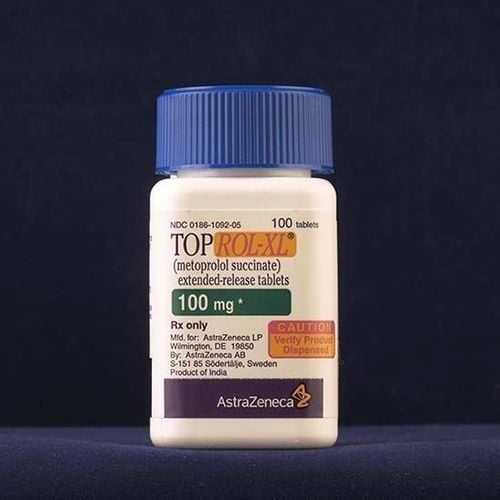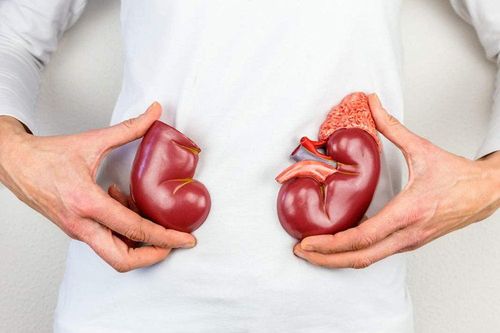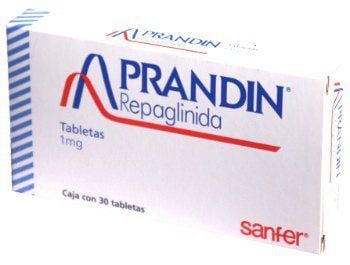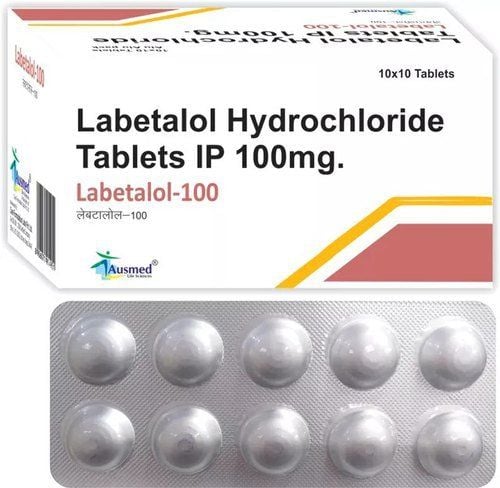This is an automatically translated article.
Type 2 diabetes is the main cause of end-stage chronic kidney disease. Therefore, the management of advanced kidney disease in patients with type 2 diabetes requires a multifaceted approach to treatment such as blood pressure control, blood sugar control,...
1. The link between type 2 diabetes and chronic kidney disease
Type 2 diabetes is a common chronic disease accounting for about 80% of people with diabetes. Type 2 diabetes is the leading cause of end-stage chronic kidney disease, if left untreated.Diabetic nephropathy is one of the chronic complications that cause damage to small blood vessels of diabetes, usually with a slow progression from microscopic to macroalbuminuria stage and finally the uremia syndrome. .
Factors involved in the pathogenesis of kidney injury include:
Hyperglycemia: Hyperglycemia is a necessary, but not the only, condition for kidney injury to develop, persist, and progress. Stabilizing blood sugar slows the appearance of kidney damage in diabetics, improves and prevents the progression of kidney damage to glomerulosclerosis Increased glomerular filtration rate: in diabetics, directly increased deposition of substances in the extracellular area, through the mechanism of increasing TGF-β expression, causing mesenchymal cell relaxation, increasing the activity of the renin-angiotensin system, and the protein kinase C system. Hypertension: promoting progression In contrast, good control of blood pressure reduces the progression to albuminuria and from microalbumin to microalbuminuria.

Tiểu đường type 2 nếu không được điều trị tích cực sẽ làm tăng nguy cơ bệnh thận mạn giai đoạn cuối
Family history and genetic factors There are also other risk factors such as: male sex, smoking, low birth weight, obesity,...
2. Treatment of chronic kidney disease in patients with type 2 diabetes
Management of advanced kidney disease in patients with type 2 diabetes requires aggressive treatment in all aspects including:
2.1 Blood sugar control Maintaining stable glycemic control is important when the disease progressive kidney. Furthermore, good glycemic control reduces the risk of developing diabetic retinopathy and neuropathy.
Treatment goals:
HbA1c about 7% to prevent and delay microvascular complications including renal complications. HbA1C > 7%: in patients with renal failure, patients are at high risk of hypoglycemia, have many comorbidities affecting life. Hypoglycemia, which increases the risk of death, should be avoided in this patient. The drugs to treat hypoglycemia will depend on and each stage of chronic kidney disease such as:
If the patient has renal failure (GFR < 60ml/min/1.73 m2 skin): it is necessary to adjust the dose of hypoglycemic drugs according to renal function. , renal replacement therapy and the nutritional status of the patient. Do not use metformin, long-acting insulin in patients with renal failure.

Sử dụng thuốc hạ đường huyết theo từng giai đoạn của bệnh thận
2.3 Control blood lipids Hyperlipidemia is very common in type 2 diabetes, which is an increased risk of cardiovascular disease and death from myocardial infarction. Good control of dyslipidemia will reduce arterial fat complications in diabetic patients with renal complications.
Same principles and treatment of adult general ATP-III guidelines. Goals include: LDL <100mg/dL, Non-HDL-cholesterol <130 mg/dL. Medications such as:
LDL-cholesterol lowering drugs: eg statins or statins/ezetimibe. For diabetic patients on hemodialysis do not initiate statins. Atorvastatin 10-20mg/day. Fibrate group: when the glomerular filtration rate is < 60ml/min/1.73 m2, the dose should be reduced and not used when the glomerular filtration rate is < 15 ml/min/1.73 m2. Niacin dose is reduced when the glomerular filtration rate is < 15 ml/min/1.73 m2.

Người bệnh kiểm soát rối loạn lipid máu giúp giảm các biến chứng mỡ động mạch
2.4 Change in lifestyle Changes in lifestyle and nutrition are very important foundational measures in the treatment of advanced kidney disease. Measures to change lifestyle for patients with type 2 diabetes in chronic kidney disease include:
Control weight, avoid being overweight: limit carbohydrates, reduce saturated fat, limit protein if kidney failure, import protein 0.6 - 0.8g/kg/day, limit salt intake, NaCl <6g/day. Increase eating green vegetables Quit smoking Do not eat processed foods, or fried foods,... Do not use stimulants: alcohol, beer,... Do not eat salty Exercise regularly In summary, management of advanced kidney disease in patients with type 2 diabetes requires a multifaceted, aggressive treatment approach, including blood pressure control with albuminuria-reducing agents, maintenance of stable control blood sugar and blood lipids. At the same time, it is also necessary to treat accompanying diseases that can make kidney disease worse such as: anemia and secondary hyperparathyroidism,... When kidney disease is about to progress to the end stage of kidney disease, it is necessary to promptly treat kidney disease. Time to refer patients to kidney specialists to better prepare a plan for routine dialysis or a kidney transplant.
At Vinmec International General Hospital, we always deploy a screening package for diabetes and dyslipidemia to help detect pre-diabetes early, accurately classify diabetes type, develop a nutritional regimen, monitoring to minimize the risk and complications caused by diabetes.
To register for examination and treatment at Vinmec International General Hospital, you can contact Vinmec Health System nationwide, or register online HERE




